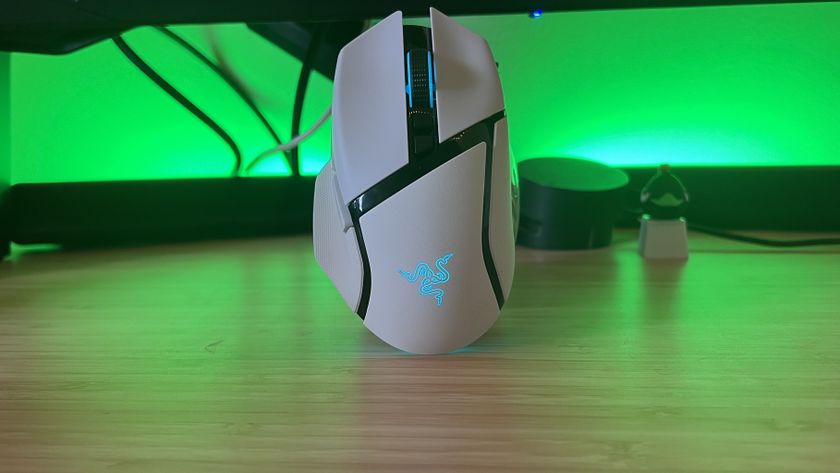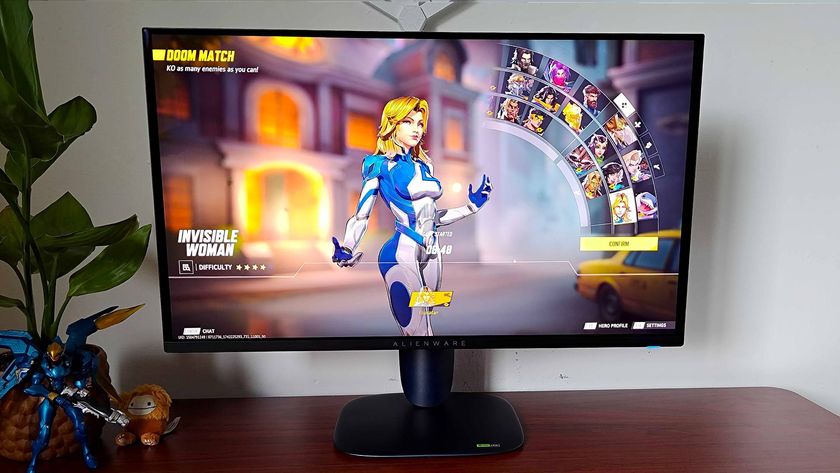12DOVE Verdict
A puzzle game dressed like a twisted, Cronenberg-inspired shooter, Superhot's methodical, slow-motion approach to the genre is as cerebral and deliberate as it is unhinged.
Pros
- +
Simple-yet-brilliant take on the shooter
- +
Interesting, subversive story
- +
Loads of extra modes outside of campaign
Cons
- -
Story is over just as it starts to get really good
- -
Xbox One version isn't 100% identical to PC version
Why you can trust 12DOVE
Superhot appears almost too simple at first glance. Every one of its white, texture-less stages give off a feeling of clinical, cold sterility; each of the red, faceless crystal 'guys' you gun down shatters into a thousand unfeeling pieces. Even its gameplay is stripped down to minimalist essentials, giving you only a couple of weapons and a handful of possible buttons to press. But inside this restrained simplicity hides an incredibly strategic, elegant shooter with a sinister edge; a puzzle game where the pieces are bullets, and your solutions are largely improvised.
Superhot's tagline is also the best descriptor of its biggest hook: 'Time moves only when you move'. It's not entirely accurate - even when you're standing completely still, the world is still in motion around you, albeit very, very slowly. But when you start moving around or taking actions (like firing a gun or picking one up, for example), everything in the world begins to move in real time.
It's a seemingly minor twist to the conventional first-person shooter formula, but it's one that turns a typically high-octane genre into a slow, contemplative burn. You're able to survey your surroundings mostly at your own leisure, and once you figure out your next move, you need to act on it while avoiding enemy gunfire. The simplistic visuals do a lot to aid you here, as you know exactly what your goal is (kill all the red guys), how to do it, and how not to die (thanks to the red bullet trails that bleed out of every projectile).
By changing the pacing, Superhot then becomes The Matrix game we've always wanted but never quite got before, putting you in situations that would otherwise be much too difficult or intense and letting you wreak all kinds of havoc. You'll dance through each of its 26 stages, weaving through bullets, throwing ashtrays and wine bottles at enemies, grabbing their gun out of mid-air, and using their weapons against them as you zip behind cover like the world's greatest action hero. Superhot evokes the best moments from a variety of films (many of its levels are even framed around iconic action flick moments, like Oldboy's corridor brawl, or Die Hard With a Vengeance's close-quarters elevator gunfight), and that feeling of control you have over your surroundings is incredibly empowering, even when Superhot starts throwing seemingly endless waves of enemies at you.
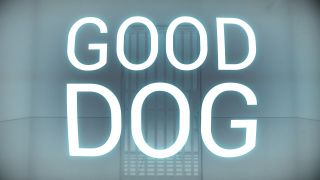
The Xbox One version is more or less exactly the same as the PC version, but there are a few things that don't translate well to consoles. You can still record replays thanks to the Xbox One's built-in video recording feature, but as far as I can tell, there's no way to upload those clips to the developer-created 'Killstagram' website like you can on PC. The closed nature of the Xbox One console also causes some of the more impressive fourth wall-breaks of the PC version to ring a little hollow. Gameplay-wise, though, the Xbox One version plays just as smoothly and is otherwise just as fun as it is on PC.
Superhot values planning, anticipating enemy movement, and keeping tabs on every single degree of space around you. Getting a handle on each level is tricky at first, leading to a handful of quick deaths as you learn the enemy patterns and weapon placement. Fortunately, restarting is quick and painless, and levels are generally short enough to make you feel like you've overcome massive odds without being overly frustrated. After you finish each stage, you're treated to a replay of your actions in real-time - several minutes of methodical movement and planning stitched together into one 15-second clip of expertly choreographed violence, all while a deep voice bellows the title refrain over and over again. Super. Hot. Next level. Replay. Super. Hot. Again. It's intoxicating.
But it's supposed to be, as all of these levels are couched in a haunting, deeply subversive narrative that repeatedly breaks the fourth wall to immerse you in its story. Superhot isn't just the name of the game you bought on your Xbox - it's also the name of the game within the game. One of your online buddies has hooked you up with an illegal, 'cracked' version of Superhot, the latest craze sweeping the shadier corners of the internet, and as you play, additional levels are unlocked as the internet figures out ways to hack into them. But the more you play, the more you realize something important: maybe Superhot isn't just an innocent game after all. Maybe you should stop playing. Turn off your Xbox. Go read a book.

It's a narrative that's been done before in games, the "oh, you're actually the real monster all along for playing this terrible video game" trope like Bioshock or Spec Ops: The Line. But Superhot avoids a lot of the pitfalls of this kind of story by walking that edge between dire seriousness and smirking satire. It's a game about video games and our own compulsions to see them through to their conclusions, and it uses these meta storytelling devices - fake operating systems, hidden games within games, IRC chat rooms, and more - to pull you further and further into its web. Superhot wants you to play along with it, and even though it's trying to tell you to stop playing, it never wants to make you feel guilty for taking part in its story, as dark as it may be. It's like an interactive Cronenberg movie, and Superhot just wants to take you along for the twisted, self-referential ride.
But just when things start to get really interesting, it's all over. Superhot's story is incredibly short - your first time through will maybe take two or three hours max, depending on how quickly you wrap your head around its gameplay. It's probably better that Superhot gets in and out without overstaying its welcome, but you'll likely walk away with more questions than you had when you started.
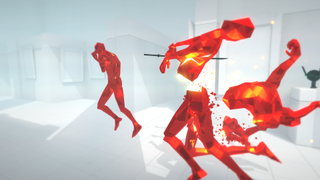
That's not to say that the game is over when you finish the story, though. A plethora of endless and challenge modes unlock once you finish the campaign, bending Superhot's mechanics in a variety of interesting ways. You can try to fend off as many red mooks as you can in a variety of different stages, or tackle story missions with just a Katana, or try to finish them as quickly as possible. I hate to say that "the real Superhot starts here", but these modes are where you'll be able to do the most experimentation and wring every last drop out of the experience. You won't get much more story here, but these modes are plentiful, and do a lot to extend the life on an otherwise short game.
So this is the part of the review where I embrace the meta-layer of Superhot's story, and proclaim it to be "The most innovative shooter I've played in years." While I wouldn't go that far, Superhot is most certainly one of the more interesting takes on a proven formula in a while; a more cerebral, minimalistic, and far more twisted spin on the genre, and it's absolutely brilliant while it lasts. Most shooters are considered 'mindless'; Superhot wants you to lose your mind to it. It's a fair trade. Super. Hot. Super. Hot.
This game was reviewed on Xbox One
More info
| Genre | Shooter |
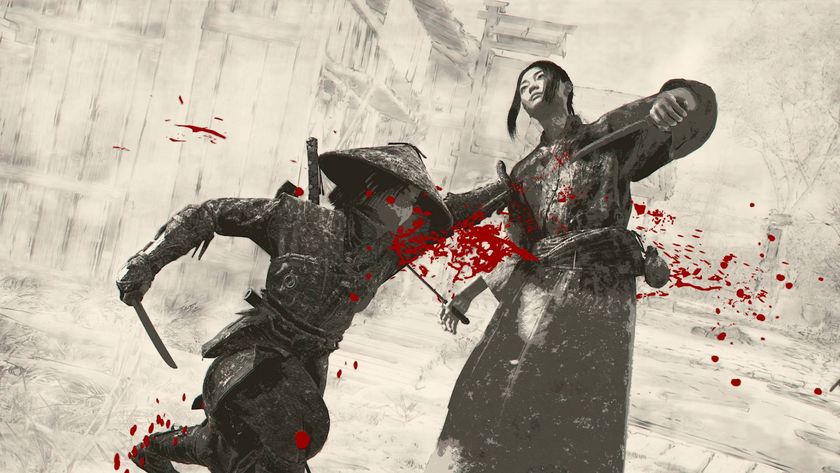
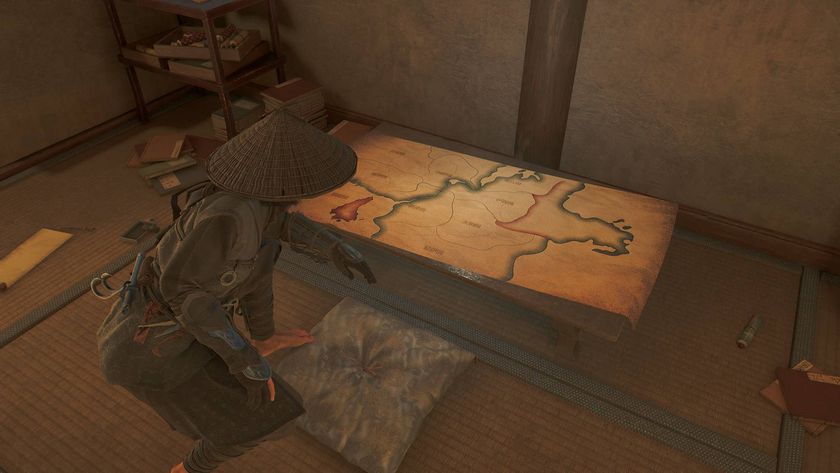
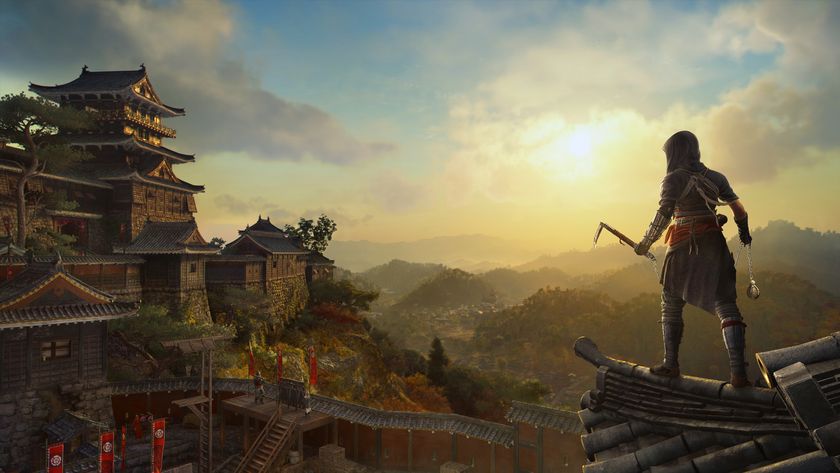
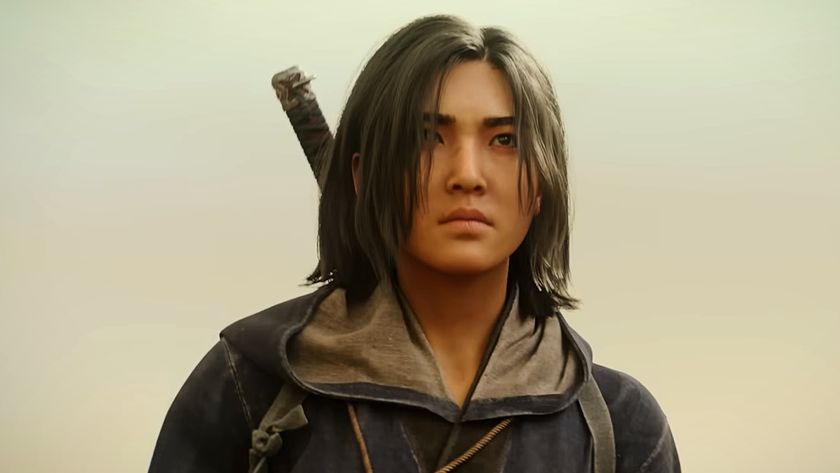

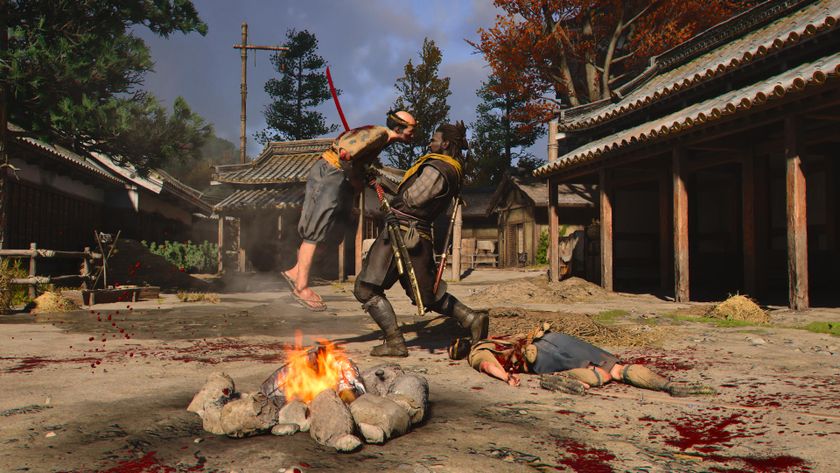





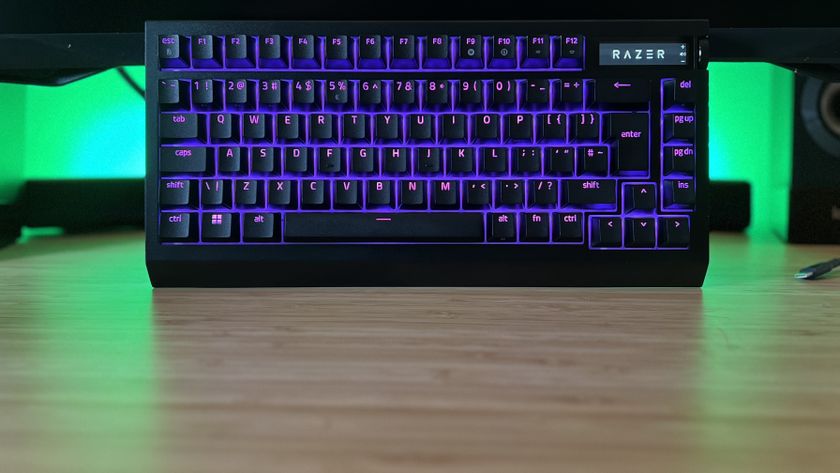
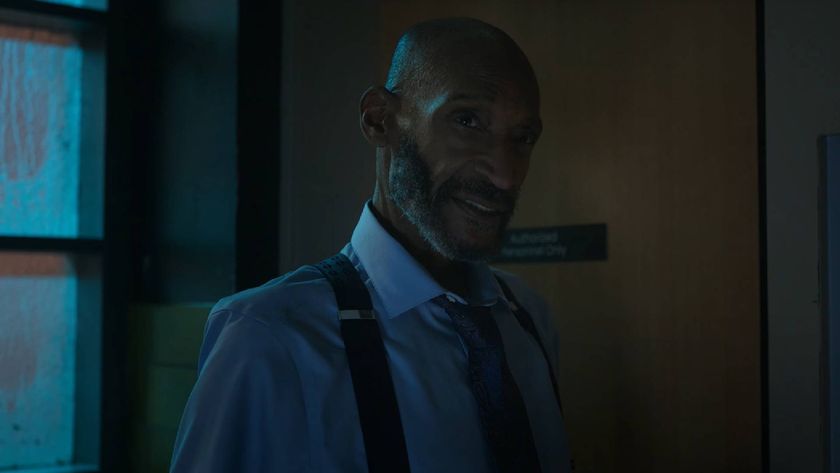
Final Destination: Bloodlines drops new trailer with a first look at the return of the late Tony Todd to the horror franchise
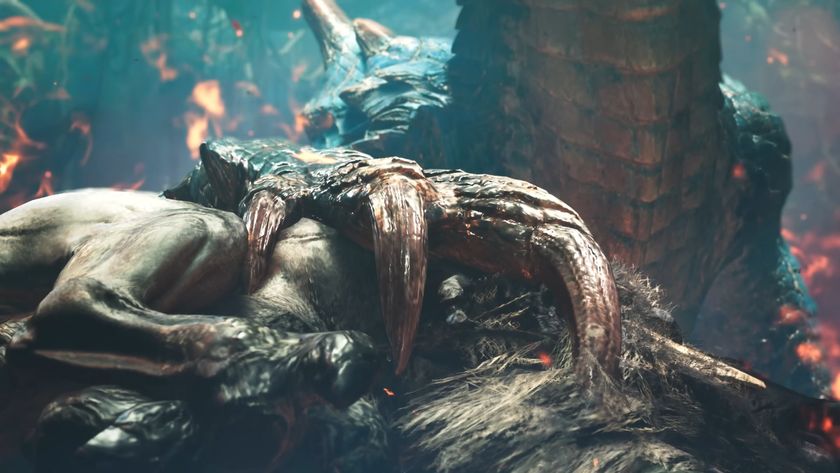
Monster Hunter fans lose their minds as Monster Hunter Wilds confirms Lagiacrus will return this summer, finally answering 7 years of prayers
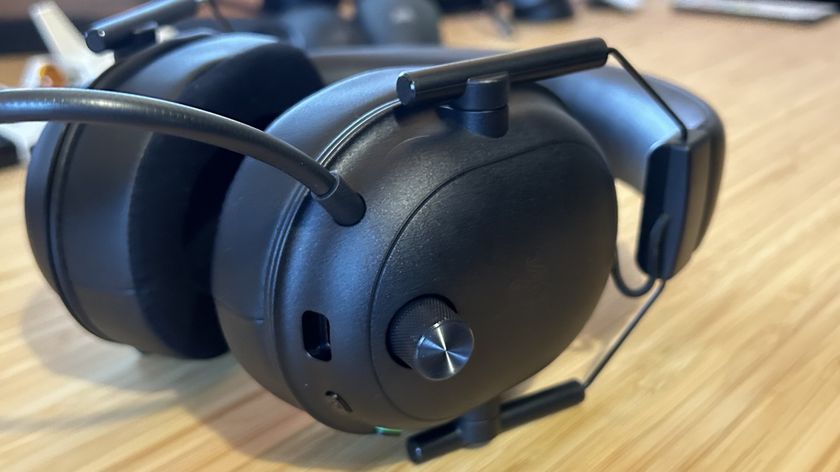
The Razer BlackShark V2 HyperSpeed was already a steal, but the fact it's now under $100 sweetens the deal


